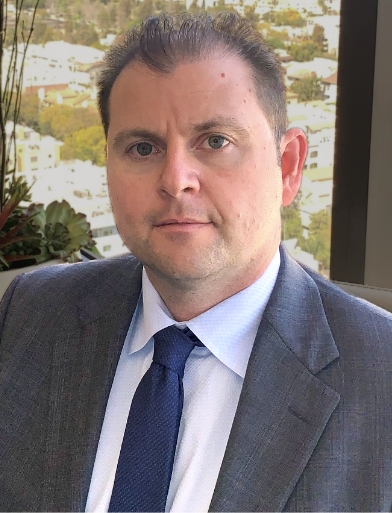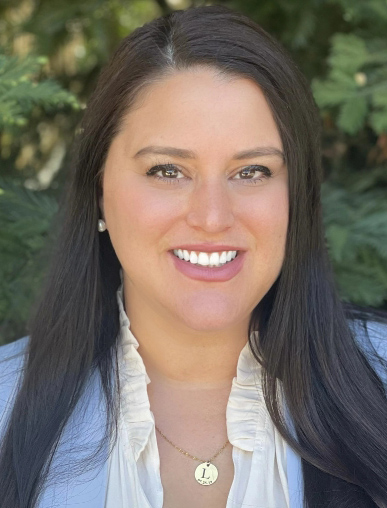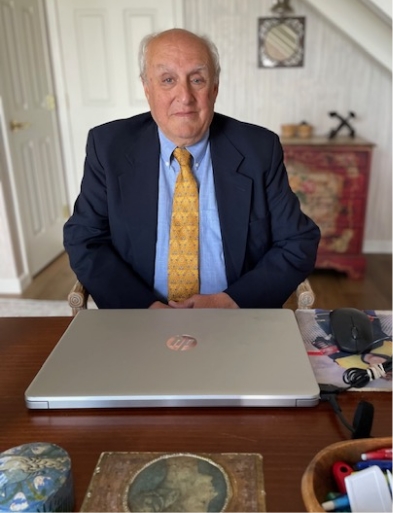Family Law Division Announces Changes at Stanley Mosk Courthouse-Los Angeles Central District
Beginning February 3, 2014, the following changes were announced to take place at the Stanley Mosk Courthouse, Family Division in Los Angeles. Department 22Pre-Trial Calendar:












